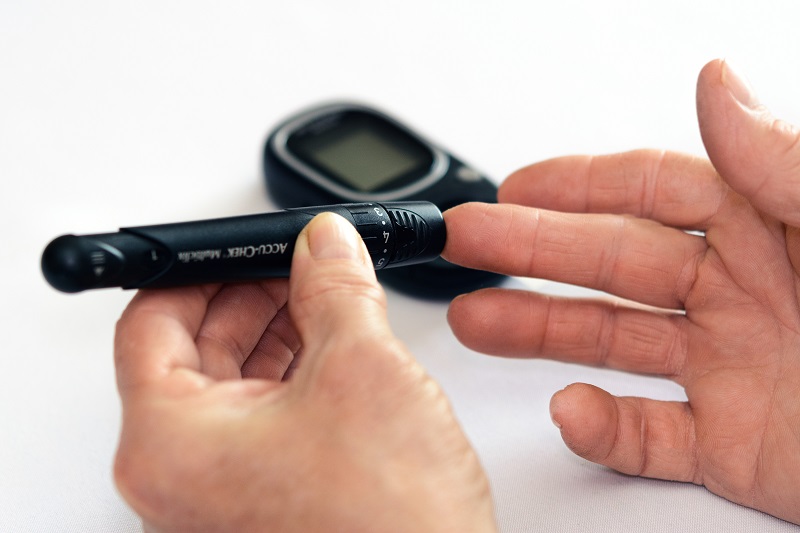Philadelphia Dental Services

You and your family can take advantage of a full range of dental services here at Smile Maker PA. During each visit, you will be treated by trained professionals who will provide top quality care to prevent dental problems and treat current conditions.
General Dentistry
Helping our patients maintain a healthy mouth and smile is the main goal of general dentistry. We prefer to provide more minor, preventive care than to see patients suffer with more intensive treatments from a problem that was not managed in time. We want to ensure that your oral health is in its optimal state and positively contributing to the health of your entire body. We are here to brighten your smile and pave the way for a brighter life.


Cosmetic Dentistry
A beautiful smile is one of the most sought after cosmetic features in the world. People from all backgrounds and professions want a bright, straight smile, and we are here to help turn that desire into reality. Whether through minor adjustments or major treatment plans, our cosmetic dentistry practice aims to improve your smile and help you build confidence in the way your teeth look.
Restorative Dentistry
Smile Maker PA is committed to offering a full range of dentistry services. Whether you’ve had repairs or need a complete replacement, we recommend continual check-ups to assess your gums and bone density to assess the surrounding areas associated with your implant.


Periodontal Services
Periodontics is a specialized branch of dentistry that focuses on the prevention, diagnosis, and treatment of periodontal disease as well as the process of replacing teeth with dental implants. Periodontists receive up to three years of additional, specialized training in treating periodontal disease and other conditions.
Periodontists are also specialists in treating oral inflammation and any condition requiring either non-surgical treatment or oral plastic surgery. Oftentimes, periodontists are treating conditions caused by periodontal disease and its effects such as persistent bad breath or gum recession.
Dental Technology
Our staff at Smile Maker PA is proud to offer the best state-of-the-art dental technology right here in our office in Southampton, PA . We understand that the newest technology can make a huge difference and that is why we invest in advanced dental technology. We are committed to staying at the forefront of dental techniques.
We offer advanced and innovative procedures like dental implant restoration, Invisalign invisible braces, and much more. This allows us to provide you with the dental care that you are looking for and deserve.

Latest Posts

Everything You Need to Know About Teeth Whitening
Teeth discoloration or staining can significantly affect how you feel

3 Easy Ways to Improve Your Gum Health
Good gum health is the foundation for a great smile.


3 Signs You May Have Gum Disease
Gum disease, medically termed gingivitis, is a serious condition. If





